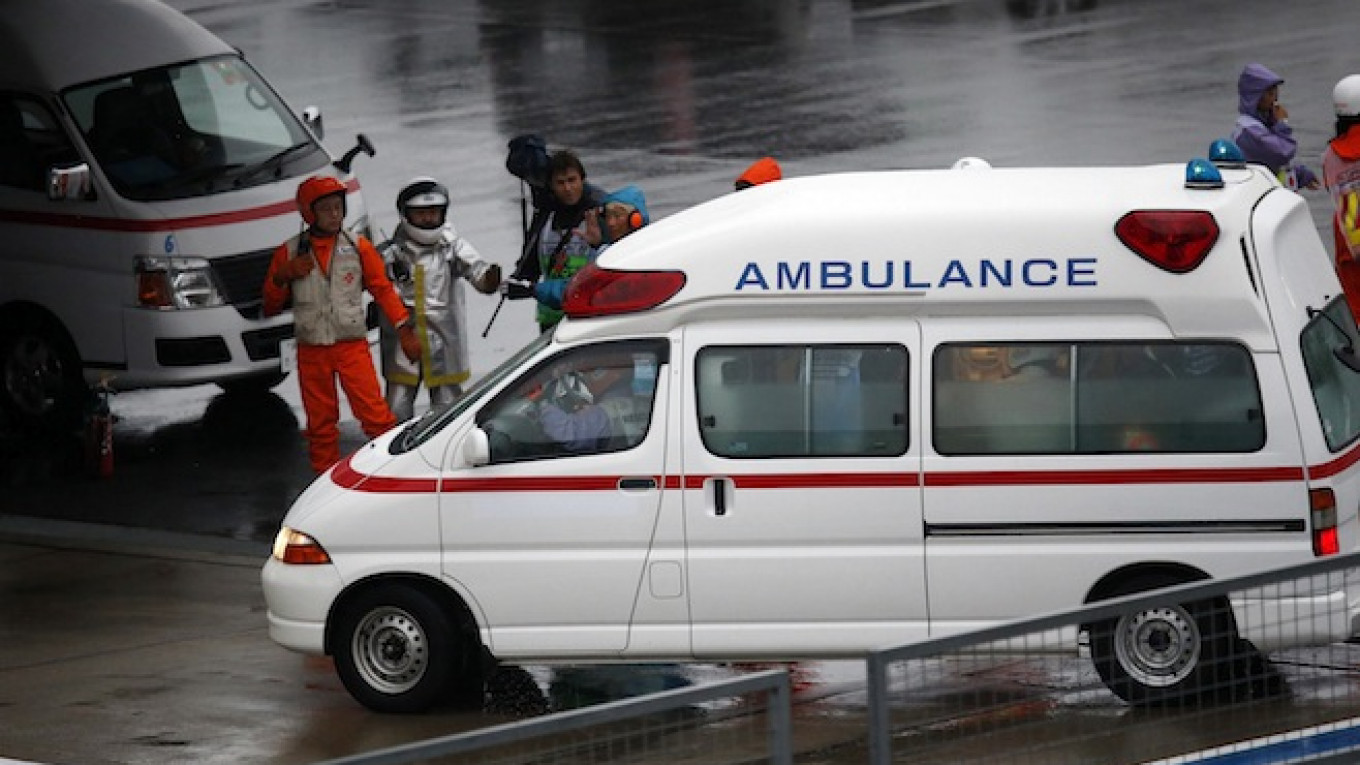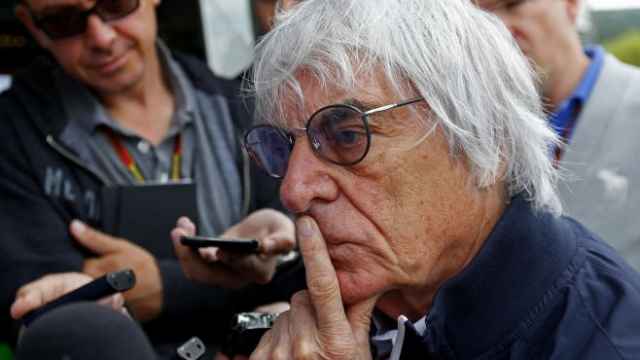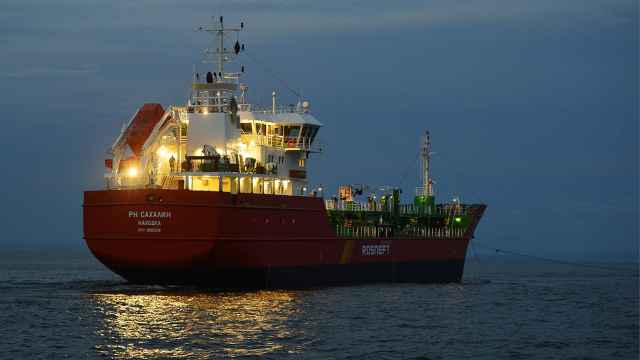Russia makes its long-awaited Formula One debut in Winter Olympic city Sochi this weekend with the sport in no mood to party even without the political clouds that hang heavy over the race.
Dominant Mercedes could clinch the constructors' title for the first time, while Britain's Lewis Hamilton is aiming for a ninth win of the season to add to his 10-point lead over German team mate Nico Rosberg but sport will not make all the headlines.
Unthinkable in the communist era, when a Ferrari on the streets of Moscow was as rare as a ZiL limousine in Las Vegas, the grand prix arrives at a time when many in the West find it unpalatable.
The crisis in Ukraine, with condemnation of Moscow and sanctions imposed by the West, the seizure of Crimea and the downing of a Malaysian airliner near Donetsk in July have all added to criticism of the race going ahead.
Britain's Deputy Prime Minister Nick Clegg said back in July that Russia should not be allowed to host the grand prix.
Formula One supremo Bernie Ecclestone has shrugged off the critics and President Vladimir Putin, for whom the grand prix is a showcase legacy of the record $51 billion spent on the Winter Games, is expected to attend after celebrating his 62nd birthday on Tuesday.
The street race will run around the Black Sea resort's Olympic Park, against a backdrop of some of the venues familiar to television viewers worldwide from last February.
"We are happy, the sponsors appear to be happy, so we carry on," Ecclestone told the Times this week. "No one has spoken to me about this race or told me that we cannot go. The sanctions do not affect us and what we are doing is not illegal."
"The Russian people asked us to come here and that is what we are doing. We are putting on a grand prix — this is nothing to do with politics," added the 83-year-old, who first mooted a race in Russia back in the 1980s.
Bianchi Crash
Formula One, a regular visitor to Bahrain despite civil unrest in the Gulf kingdom, is no stranger to controversy but Sunday's race on the streets of Sochi has also been clouded by sadness inside the tightly-knit paddock.
Marussia's French driver Jules Bianchi, a popular member of the only Russian-registered team in the sport, remains in a critical condition in a Japanese hospital after suffering a brain injury in a crash at Suzuka last Sunday.
The accident is the most serious since Brazilian Felipe Massa suffered a life-threatening head injury in Hungary in 2009 and images of the latest crash, not broadcast publicly but circulated on the internet, have proved truly shocking.
Bianchi was also a test driver for Ferrari, the Italian glamor team that for many fans embodies Formula One, and his accident has hit the paddock hard.
"If you've got a situation like that, especially in our sport, it's totally understandable that people would be in a very pensive and subdued mood," Richard Cregan, who is acting as a consultant to the Sochi organizers said.
"When we get a situation like this, it just hits us hard. Especially with a driver like Jules, who is such a nice guy."
Teams were busy setting up their garages at the circuit on Wednesday, with freight being unpacked and the cars put together after the flight from Japan, where a typhoon delayed some departures.
The name of Russian rookie Daniil Kvyat was over the Toro Rosso garage, with the 20-year-old at the center of local attention after champions Red Bull announced he would be driving for them next year following Sebastian Vettel's departure.
Sochi is the only new circuit on the calendar this season, with Ecclestone in Baku on Tuesday to promote another new addition for 2016 with Azerbaijan coming in.
Organizers expect a crowd of about 55,000 on Sunday, most of them from within Russia.
British bookmakers William Hill have Hamilton as race favorite at 4:6 with Rosberg at 2:1 and Red Bull's Australian Daniel Ricciardo at 12:1.
A Message from The Moscow Times:
Dear readers,
We are facing unprecedented challenges. Russia's Prosecutor General's Office has designated The Moscow Times as an "undesirable" organization, criminalizing our work and putting our staff at risk of prosecution. This follows our earlier unjust labeling as a "foreign agent."
These actions are direct attempts to silence independent journalism in Russia. The authorities claim our work "discredits the decisions of the Russian leadership." We see things differently: we strive to provide accurate, unbiased reporting on Russia.
We, the journalists of The Moscow Times, refuse to be silenced. But to continue our work, we need your help.
Your support, no matter how small, makes a world of difference. If you can, please support us monthly starting from just $2. It's quick to set up, and every contribution makes a significant impact.
By supporting The Moscow Times, you're defending open, independent journalism in the face of repression. Thank you for standing with us.
Remind me later.






